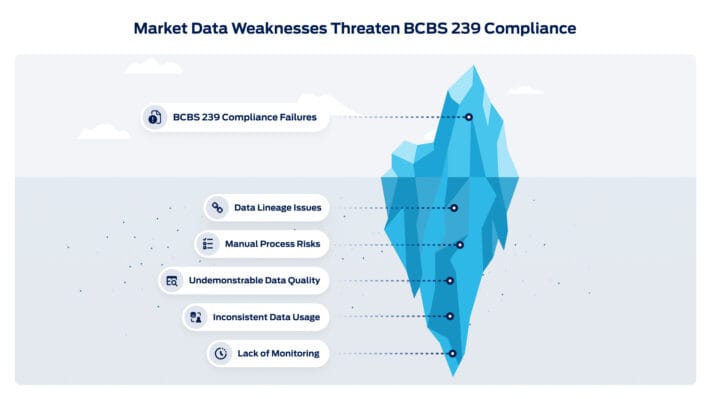Comparing Cloud versus On-Premise Market Data Management

The demand for cloud computing continues to grow, business and industries are moving away from traditional on-premise solutions to cloud-based alternatives. The benefits of cloud computing are numerous: increased flexibility, scalability, cost-effectiveness, and accessibility. We find that many financial institutions are considering the cloud now to store, process and analyze their financial market data as well. However, what are pros and cons of moving to the cloud with your market data?
Below you will find a high-level comparison of the cloud versus traditional on-premise solutions for the most important aspects within financial market data.
| Cloud (SaaS) | On-Premise | |
|---|---|---|
| Scalability | Easy scaling up or down of resources to meet changing needs. Particularly important for new data services where demand is uncertain. | More challenging and time consuming, additional (scarce) hardware and software needed. This can take a lot of time and may require significant upfront investment. |
| Cost Savings | Generally less upfront investment, as there is no need to purchase and maintain expensive hardware and software. | More predictable in terms of costs, as there are no recurring subscription fees. |
| Accessibility | Accessible from anywhere with an internet connection. | Not reliant on an internet connection. |
| Reliability | Robust backup and disaster recovery systems in place to ensure services remain available even in the event of an outage. | Depends on the quality of the infrastructure and support provided. Having complete control over this can make it easier to diagnose and fix issues. |
| Security | Cloud service providers often have teams of dedicated security experts who keep the systems secure. | Complete control over the infrastructure and data, can be important to comply with strict regulations or security requirements. |
| Performance | Performance is acceptable for regular data, taking into account stable internet connections. | Better performance for applications that require high levels of processing power or (ultra) low latency. |
| Implementation | Cloud-based solution can often be implemented more quickly, enabling time-to-market. | Organizations may have legacy systems that are difficult to migrate to the cloud, making on-premise more practical. |
Overall, the cloud provides organizations abundant possibilities to share and work with data, making it easier to analyze and/or visualize data whenever and where ever you want. Requirements can be changed switfly because of the flexibility and scalability of the cloud.
BIQH and its Private Cloud
BIQH Financial Data Services deployed her own private cloud. This comes with a mature SaaS offering which benefits our customers greatly in using the latest technology to streamline and automate data management processes, while also ensuring data security and integrity. Because of the fact all our customers use the same private cloud technology, economies of scale apply and customers are able to eliminate (parts of) existing on-premise technology and save costs.


